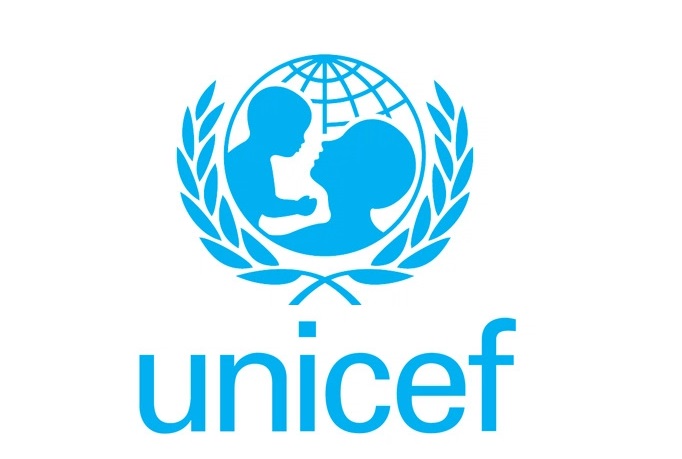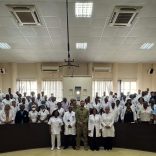EUMAM MOZ gives lecture on healthcare challenges in Mozambique
UNICEF fails to receive funds for work in Mozambique

The United Nations Children’s Fund (UNICEF) has warned that it has only received just over thirty per cent of the 98.8 million US dollars it needs to sustain and expand the provision of life-saving services for women and children in Mozambique affected by conflict, Cyclone Gombe, and Tropical Storm Ana.
The organisation has only received 16.2 million dollars this year for its work in Mozambique, although it has access to another 14 million dollars in “carry-forward” funds.
Among those who have donated to UNICEF’s work are the GAVI Vaccine Alliance, the Central Emergency Response Fund (CERF), the United States Agency for International Development (USAID), the World Bank, the Directorate-General for European Civil Protection and Humanitarian Aid Operations (ECHO), and the governments of South Korea, United Kingdom, Italy, and Norway.
In addition, UNICEF has utilised core resources and nexus-related funding for response activities totalling 11.7 million dollars to meet urgent humanitarian needs and additional earmarked resources for the polio response. However, in its latest situation report for August, it states that “the remaining funding gap means UNICEF is unable to respond to existing needs and planning for future displacements and storm are not possible; especially in hard-to-reach areas”.
In the northern province of Cabo Delgado, the insecurity caused by islamist terrorism has continued to cause UNICEF problems in getting humanitarian aid to people in need. It states “seven districts were classified as entirely or partially hard-to-reach, with approximately 302,000 Internally Displaced Persons estimated to be in hard-to-reach locations across the province”.
UNICEF adds that food insecurity “remains a challenge” with various areas across the country reaching crisis levels. It states that “the affected areas include drought-affected areas of the South, areas affected by floods and storms in Nampula, and conflict-affected areas in Cabo Delgado”.
It laments that “food insecurity is projected to increase, with a higher number of households facing Crisis level outcomes between the lean seasons (October and November) in the North and in Central/South Mozambique”.
In addition, it warns that the crisis is worsened because “the annual inflation rate reached its highest level since August 2017, increasing from 10.8 per cent in June to 11.8 per cent in July. Price increases were particularly noticeable for transportation, food, and non-alcoholic beverages, as well as housing and utilities, thus reducing the purchasing power of families, especially for poor households”.
UNICEF also highlights the danger posed by wild poliovirus, with four cases confirmed in Tete Province. However, it points out that the country is preparing for its fifth round of the polio vaccination campaign which will take place at the end of October targeting 8.5 million children below the age of five with the bivalent oral polio vaccine. During the previous round, 8.5 million children were vaccinated.












Leave a Reply
Be the First to Comment!
You must be logged in to post a comment.
You must be logged in to post a comment.